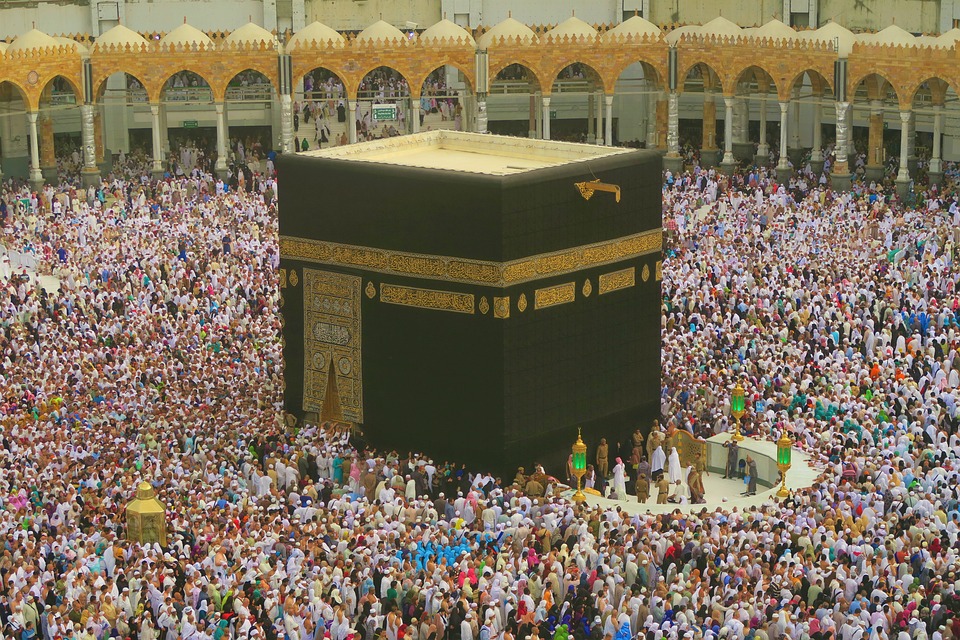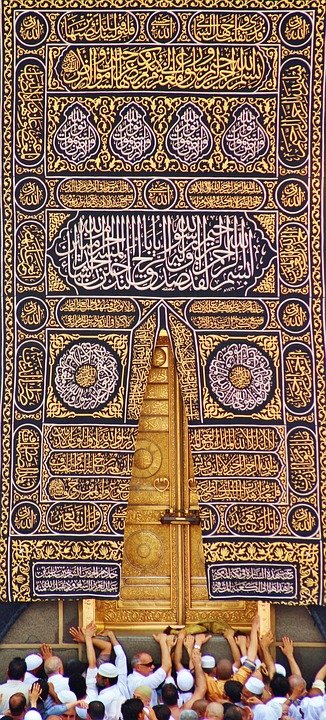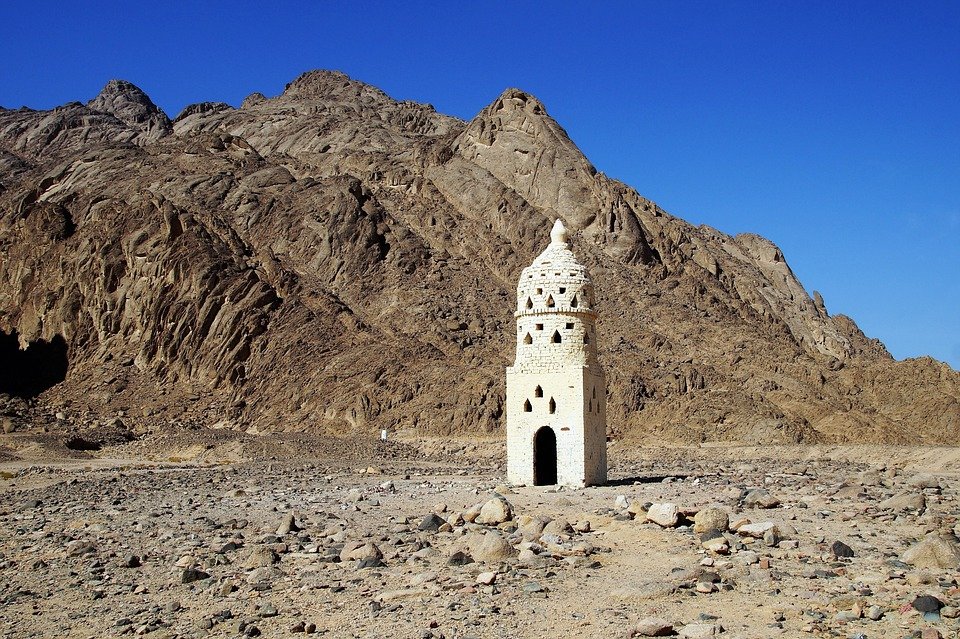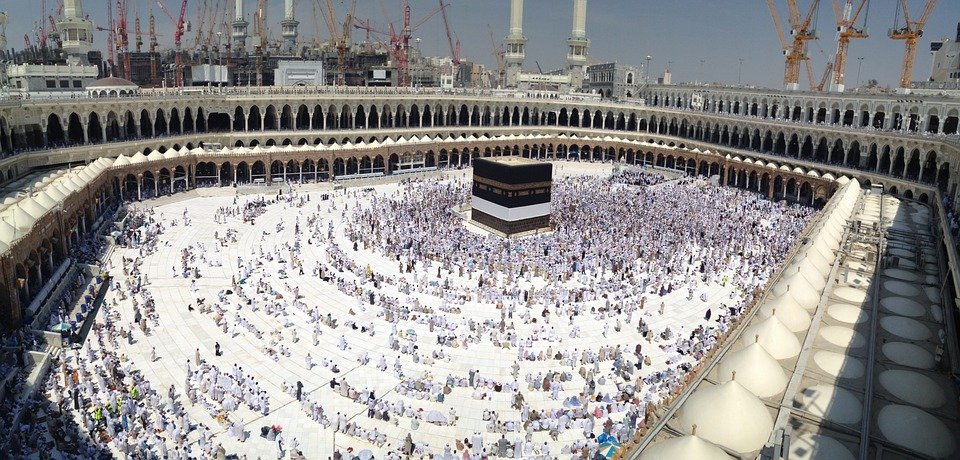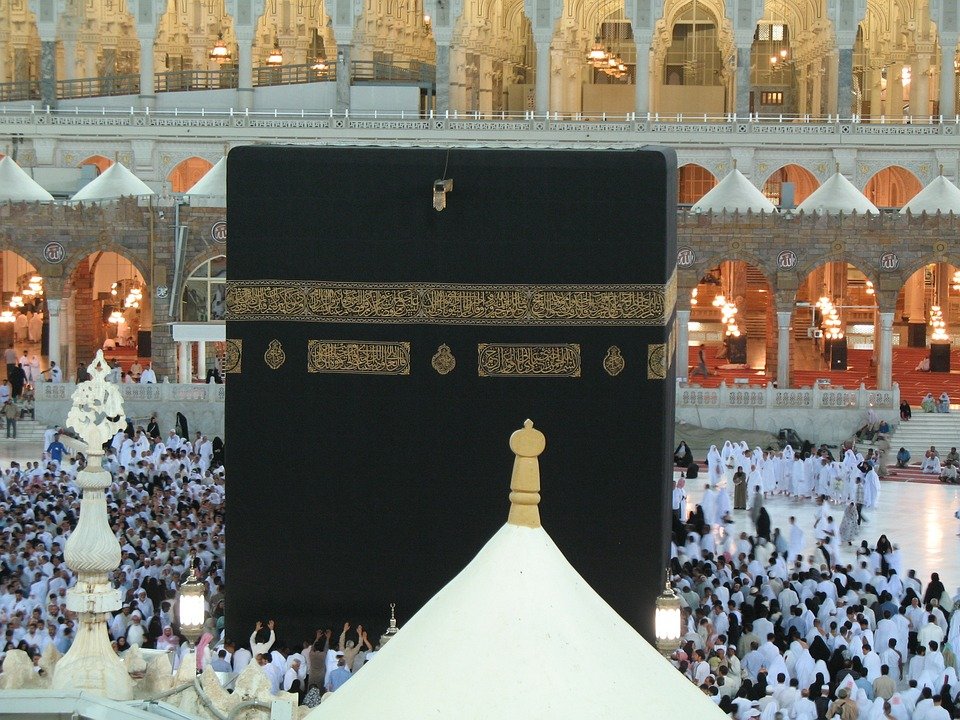How Hajj links to Islamic beliefs is a topic that resonates deeply within the hearts of millions of Muslims around the world. In this article, I promise to guide you through the profound relationship between Hajj and the core tenets of Islam. Hajj stands as one of the five pillars of Islam, illustrating its pivotal role in shaping faith and practice. I firmly believe that understanding how Hajj links to Islamic beliefs will enhance your appreciation of this sacred pilgrimage. You will find clarity and direction as we explore this integral aspect of Islamic life.
I feel that discussing the importance and significance of how Hajj links to Islamic beliefs is essential for anyone interested in this topic. This pilgrimage not only embodies devotion but also reinforces communal values among Muslims. With nearly nine years of experience in the Umrah and Makkah, Madinah travel field, our expertise enables us to provide invaluable insights into “How Hajj Links to Islamic Beliefs: A Spiritual Journey Explained.” I invite you to join us in this exploration, enabling you to connect with the depth of spirituality that Hajj offers and its essential role in the Islamic faith.
What is Hajj?
Hajj is a significant pilgrimage in Islam that every Muslim must undertake at least once in their life, provided they have the means to do so. It occurs during the 12th month of the Islamic calendar, Dhul-Hijjah, and brings together millions of Muslims from all over the world. The immense gathering in Makkah highlights the unity and brotherhood among followers of Islam, as they all follow the same rituals regardless of their background or nationality.
This spiritual journey is all about returning to the roots of faith and obedience to Allah. Pilgrims often wear simple white garments called Ihram. These garments symbolize purity and equality, reminding us that everyone stands before Allah with the same intention to seek forgiveness and guidance. For many, the act of performing Hajj is a profound experience that changes them forever. It helps strengthen their belief and fosters a deeper connection with Allah.
The Rituals of Hajj
Hajj consists of a series of important rituals that take place over several days. Each ritual carries deep meaning and serves as a reminder of the key aspects of Islamic beliefs. For instance, the Tawaf involves circling the Kaaba, the sacred structure in Makkah, seven times. This act symbolizes the unity of believers in the worship of the One God. As people move together in harmony, it emphasizes a shared commitment to faith.
Another essential ritual is the standing at Arafat. Pilgrims seek forgiveness and show humility before Allah. This experience allows pilgrims to reflect on their lives and their relationship with God. The day spent at Arafat is often seen as the climax of Hajj. Many feel a sense of renewal, as if they are starting fresh. These rituals play a significant role in re-invigorating a person’s faith and belief in Islam.
The Spiritual Significance of Hajj
Hajj is not only about performing rituals; it carries immense spiritual significance. When individuals attend Hajj, they experience a range of emotions, from joy to vulnerability. This emotional rollercoaster strengthens their belief. The pilgrimage evokes feelings of compassion, humility, and hope. For many, it acts as a powerful reminder of life’s purpose and the importance of faith.
By participating in Hajj, pilgrims align themselves with the teachings of Prophet Muhammad (peace be upon him) and the history of Islam. This connection to the past instills a deeper understanding of Islamic principles and values. As they perform each ritual, it becomes clear that Hajj is about more than individual spirituality; it’s also about community and solidarity among all Muslims.
The Importance of Community in Hajj
One of the most remarkable aspects of Hajj is the sense of community it fosters among Muslims. Pilgrims come from diverse backgrounds and cultures, yet they share a common goal: to fulfill a sacred duty to Allah. This gathering serves as a reminder that Islam transcends borders and backgrounds, promoting unity and peace.
During the Hajj, pilgrims interact with fellow believers, sharing stories, experiences, and even meals. These interactions help to build friendships and foster goodwill. The feeling of belonging can be overwhelming, as pilgrims witness the sheer number of people coming together for a single purpose. It reinforces the idea that faith is not merely an individual pursuit but a collective experience that is essential for personal growth and spiritual development.
Hajj and Forgiveness
Forgiveness plays a crucial role in the Hajj experience. Many pilgrims seek forgiveness for their past mistakes and misdeeds. This journey serves as an opportunity for self-reflection and atonement. The act of asking for forgiveness during these significant rituals demonstrates a sincere desire to reconnect with Allah and mend one’s relationship with Him.
The importance of seeking forgiveness is also woven into the very fabric of Islamic belief. Hajj allows Muslims to reaffirm their faith and commitment to a life of piety. The overwhelming feelings of forgiveness often ignite a renewed sense of purpose, pushing pilgrims to become better individuals. The lessons learned during this pilgrimage often extend well beyond its conclusion, marking a profound transformation in one’s life.
The Lessons of Hajj
Hajj teaches valuable lessons that resonate well after the pilgrimage ends. One vital lesson is the importance of humility. Standing before Allah in the vastness of Arafat reminds us that we are all equal and should treat one another with kindness and respect. This lesson encourages individuals to carry humility into their daily lives, enhancing their interactions with others.
Another important lesson from Hajj is the significance of patience. With millions of people partaking in the rituals, one might encounter challenges. These situations teach pilgrims the necessity of keeping calm and trusting in Allah. Patience can lead to personal growth and a stronger faith, enabling individuals to tackle life’s challenges with perseverance and resilience.
Why Hajj Matters to Muslims Today
In today’s fast-paced world, the significance of Hajj remains unwavering. Muslims view it as a fundamental pillar of their faith, grounding them in their beliefs. The pilgrimage serves as a reminder of Allah’s greatness and the importance of spirituality amid everyday distractions. For many, it represents a refreshing break from their routines, allowing them to focus on what truly matters.
Moreover, Hajj continues to inspire millions to live by the tenets of Islam. It not only fortifies existing beliefs but also encourages individuals to spread kindness and compassion back home. As pilgrims return to their communities, they often share their experiences and insights, igniting a renewed interest in spiritual growth. The lasting impact of Hajj influences not just the individuals who perform it, but the lives of countless others around them.
Mushu, an experienced Saudi Arabia traveler and writer, shares insightful tips and spiritual reflections to enhance Hajj and Umrah journeys for fellow pilgrims. He has been to Makkah and Madina from 2016 to 2023 many times and his posts will reflect this.


